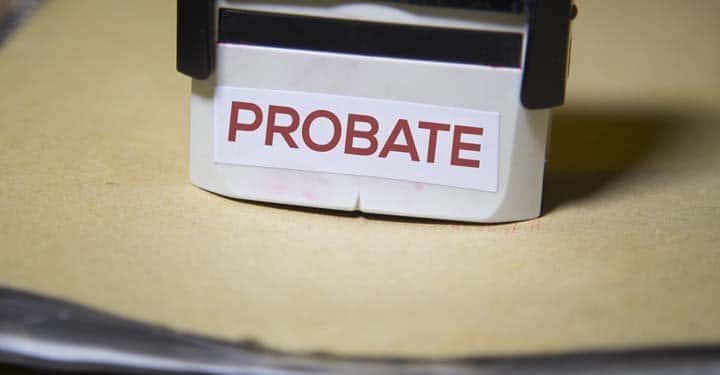Probate court is a part of the court system that oversees the execution of wills, as well as the handling of estates, conservatorships and guardianships. This court also is responsible for the commitment of a person with psychiatric disabilities to institutions designed to help them.
Investopedia’s recent article entitled “What Is Probate Court?” also explains that the probate court makes sure all debts owed are paid and that assets are distributed properly. The court oversees and usually must approve the actions of the executor appointed to handle these matters. If a will is contested, the probate court is responsible for ruling on the authenticity of the document and the cognitive stability of the person who signed it. If no will exists, the court also decides who receives the decedent’s assets, based on the laws of the state.
Each state has rules for probate and probate courts. Some states use the term “surrogate’s court”, “orphan’s court”, or “chancery court.”
Probate is usually required for property titled only in the name of the person who passes away. For example, this might include a family home that was owned jointly by a married couple after the surviving spouse dies. However, there are assets that don’t require probate.
Here are some of the assets that don’t need to be probated:
- IRA or 401(k) retirement accounts with designated beneficiaries
- Life insurance policies with designated beneficiaries
- Pension plan distributions
- Living trust assets
- Payable-on-death (POD) bank account funds
- Transfer-on-death (TOD) assets
- Wages, salary, or commissions owed to the deceased (up to allowable limit)
- Vehicles intended for immediate family (under state law); and
- Household goods and other items intended for immediate family (under state law).
Investopedia (Sep. 21, 2022) “What Is Probate Court?”



